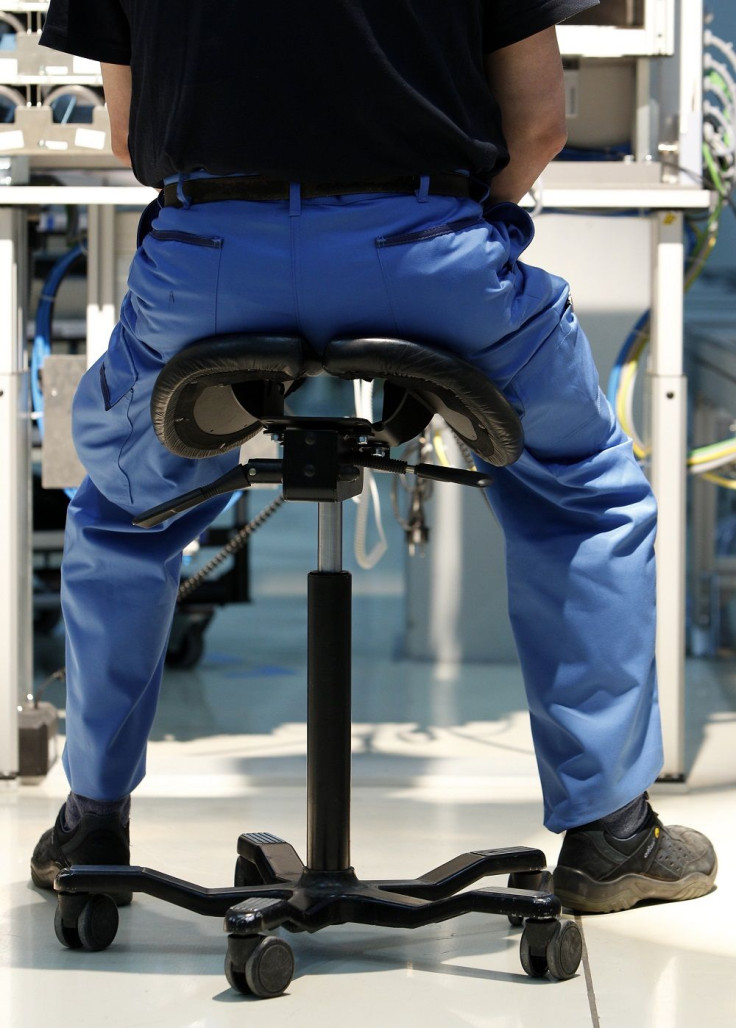Dormant Butt Syndrome could be reason for knee, hip & back pain

While a recent work group study says that standing desks are not likely the healthy alternative, it does not diminish the fact that sitting too much is bad for the health. An Ohio State University physical therapist says excessive sitting could also be the root of knee, hip and back pain for some people.
Such was the diagnoses for Jennifer Ernst, a marathon runner, by her physical therapist, Chris Kolba who has coined a new name for the malady that affects a lot of office workers. Kolba, a PT at the Ohio State Wexner Medical Center, calls it Dormant Butt Syndrome, reports CBS.
Ernst noticed the stabbing pain on her right knee while training for the half marathon. She eventually had a surgery after an MRI showed a tear in the runner’s meniscus.
But Kolba says the root of her knee pain was her butt. He explains, “It basically refers to the gluteus maximus or the glute muscles just not functioning as efficiently as they should.” If the glute muscles as weak, the muscles and joints around it absorbs extra strain and causes damage.
He explains that the glute muscle is a big shock absorber and controls a lot of motion. In some cases like Ernst, it was due to excessive running. However, Kolba says it could also be due to other types of repetitive motion, sleeping in a fetal position or excessive sitting.
The PT recommends keeping the hips mobile and loose by stretching and flexibility exercises to prevent from acquiring the syndrome. Kolba adds there are specific exercises to strengthen the glute muscles such as squats, bridges and lunges, reports Cleveland
Kolba clarifies the Dormant Butt Syndrome is not a formal medical diagnosis and could not be found in any compendium of medical conditions. But he stresses the problem is real because its physical impact could result in requiring a knee surgery like Ernst’s case.





















